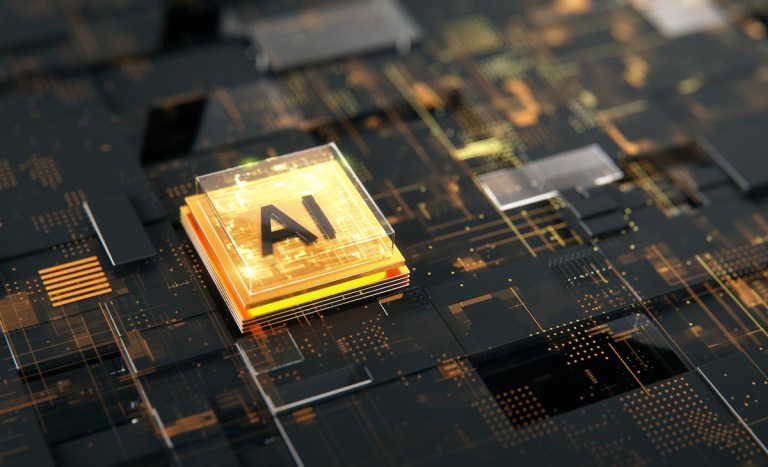Big Tech AI Spending Outweighs VC Investments

New data shows that much of 2023’s artificial intelligence (AI) investing came from Big Tech.
The mega deals by Amazon, Google and Microsoft this year made up two-thirds of the $27 billion funneled to AI startups, the Financial Times (FT) reported Wednesday (Dec. 27), citing data from PitchBook.
While the rise of generative AI in the wake of OpenAI’s ChatGPT launch last year has attracted venture capital (VC) firms, these companies have been forced to reduce their spending amid higher interest rates and a decline in portfolio valuations, the FT notes.
“Over the past year, we’ve seen the market quickly consolidate around a handful of foundation models, with large tech players coming in and pouring billions of dollars into companies like OpenAI, Cohere, Anthropic and Mistral,” said Nina Achadjian, a partner at venture firm Index Ventures, in reference to some of the AI world’s most high-profile start ups.
“For traditional VCs, you had to be in early and you had to have conviction — which meant being in the know on the latest AI research and knowing which teams were spinning out of Google DeepMind, Meta and others,” added Achadjian.
The report says that deals like Microsoft’s $10 billion investment in OpenAI and Google and Amazon’s investments in Anthropic helped bring overall spending on AI companies to almost three times the $11 billion record set in 2021.
At the same time, this year has seen a number of reports on the decline of VC spending in the tech space.
Meanwhile, PYMNTS wrote earlier this week that the rise of AI firms like OpenAI has also been a victory for infrastructure providers like Amazon, Google and Microsoft — providers of cloud platforms — as well as GPU firms such as NVIDIA and Arm.
“Training generative AI requires either owning or renting time on hardware, significant data storage needs and intensive energy consumption, a structural cost that sharply diverges from the unit economics of previous computing and technological booms,” that report said.
By some estimates, the cost of one query using OpenAI’s ChatGPT platform is 1,000 times that of the same question asked of a normal Google search, which makes the margins for AI applications much smaller than other software-as-a-service (SaaS) solutions.
“The high cost of the computing power AI models require any firm looking to compete in the space to shell out big,” PYMNTS wrote. “Significant capital investment, industry-leading technical expertise, and above all, intensively expensive computing infrastructure built atop rows of increasingly scarce GPUs are all needed to establish and maintain generative AI models.”